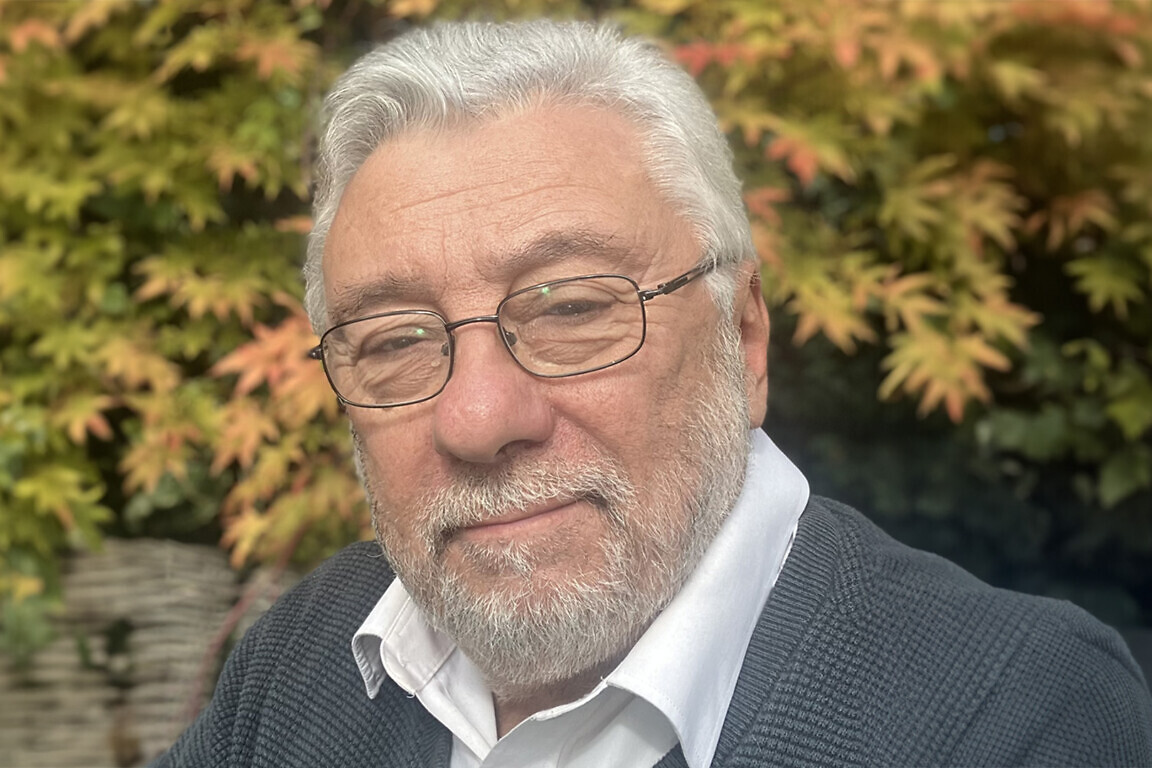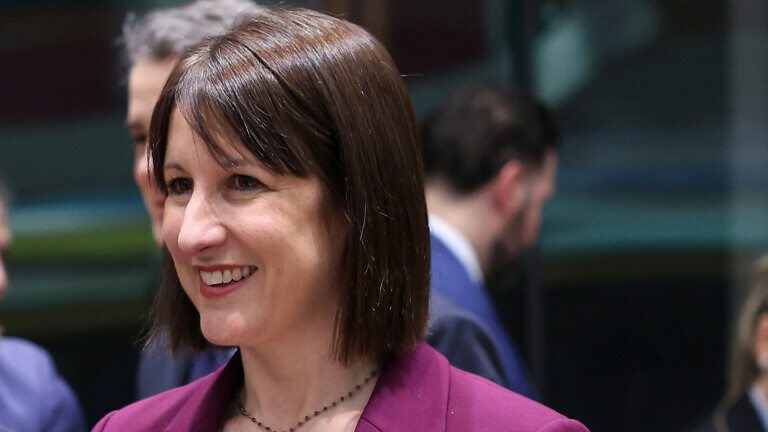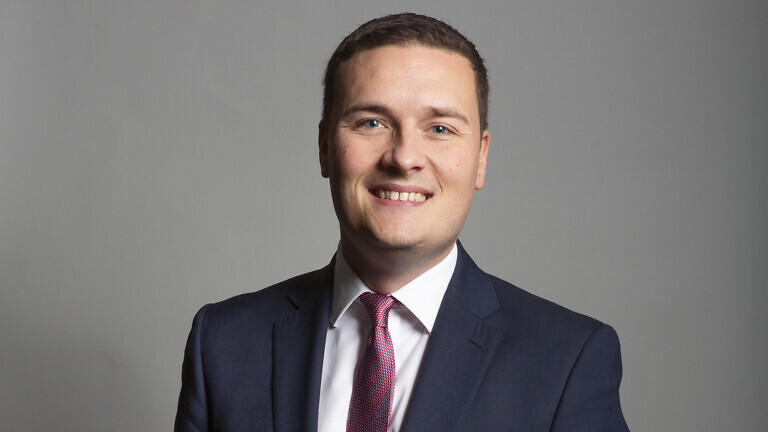The general manager at Kidney Cancer UK talks about what we should learn from the latest report from the National Kidney Cancer Audit.
At the beginning of September, the National Kidney Cancer Audit (NKCA) released its second State of the Nation report that looks at patterns of care and outcomes for people diagnosed with kidney cancer in England. The findings were frustrating and confirmed critical gaps in NHS support for kidney cancer patients. Healthcare Today talked to Andrew Greaves, general manager at Kidney Cancer UK, about the results, where the bottlenecks are and what is needed to improve kidney cancer care treatment.
Since the first report, where have you seen real improvements in kidney cancer care, and where has progress stalled or gone backwards?
If you compare the two State of the Nation reports, there hasn’t been a great deal of improvement. But that is partly down to the methodology. The data aren’t taken from a single year; instead, they’re drawn from a rolling sample which then moves forward by a year each time. This approach smooths out the extremes, avoiding misleading spikes or dips in the figures. The downside, though, is that progress can look modest on paper when, in reality, things are improving.
Another issue is that the data we currently quote is already several years old. That’s because it takes time to assemble the full picture, check its accuracy and ensure completeness. The National Kidney Cancer Audit is rightly rigorous about that. But there are now newer sources, such as the Rapid Cancer Registration Dataset, which provide more up-to-date information, albeit with less precision.
The trade-off, then, is between accuracy and timeliness – and the balance is starting to shift towards data that are more current and therefore more relevant.
“There remains a question about the balance between nephron-sparing surgery and the complete removal of the kidney.”
The report highlights “unwarranted variation” between NHS trusts and health boards. Why are patients’ chances of diagnosis and treatment still so dependent on where they live?
The challenges we see are more to do with the system as a whole than with individuals.
A few years ago, we approached NHS England to commission the National Institute for Health and Care Excellence (NICE) to develop a clinical guideline for kidney cancer. When you see such significant variation in care, it’s often because there isn’t a standard framework that everyone is working within. For whatever reason, there hadn’t previously been a NICE guideline for kidney cancer.
Before that, we carried out a major audit involving around 18,500 patients. It wasn’t exactly a precursor to the National Kidney Cancer Audit, but in fact several of the methodologies used by the NKCA were adopted from that earlier work. The audit revealed exactly what we suspected – levels of unwanted variation that were, frankly, quite staggering. We took those findings to NHS England which responded very quickly. It recognised the issue and accepted the need for national guidance.
Now, we have a NICE guideline currently out for consultation, which should be published next year. The great advantage is that we’ll finally have a framework for clinicians to work with.
Only around one in five patients with small renal masses receive a biopsy. Why is that rate so low?
There will inevitably be issues around capacity – particularly with how many biopsies laboratories can handle, and how long it takes for results to come back. I’m not a clinician, but I suspect that, in some cases, a doctor might think: will this biopsy actually change how I manage this patient? And if the answer is no, they may decide not to do it.
However, the reasoning behind that decision can sometimes be more complex. It might genuinely be that the result wouldn’t alter the patient’s management – but it could also be that the clinician hasn’t fully considered all of the possible options. There remains a question, too, about the balance between nephron-sparing surgery and the complete removal of the kidney. There is a suspicion that some kidneys are still being removed in their entirety when, with a biopsy, it might have been possible to preserve part of the organ.
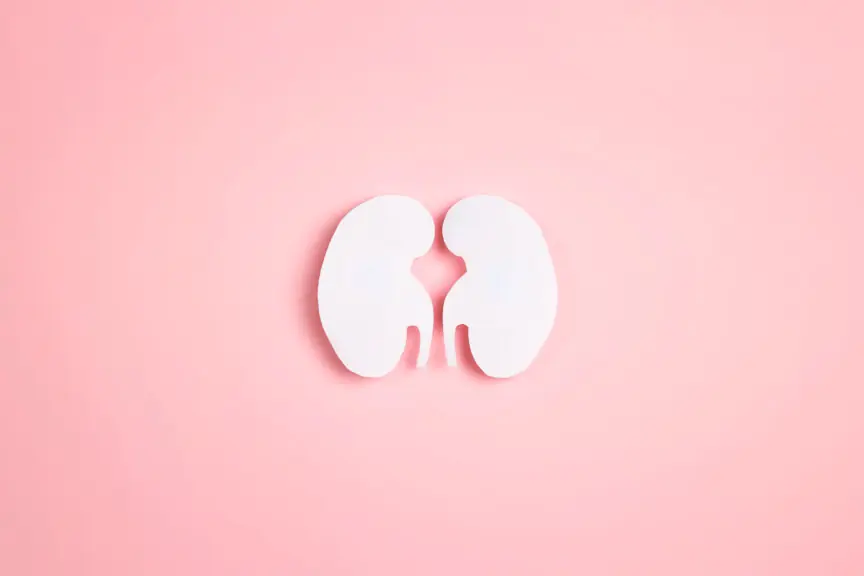
The report shows that too many patients miss out on surgery or systemic therapies. What are the main barriers, and how do we overcome them?
Some people are simply not being picked up as effectively as others. We see this particularly in people with small tumours – four centimetres or less – at an early stage of the disease. Around 50% of those patients, according to our annual patient survey – the new one has just opened – are diagnosed entirely by chance. They’ve gone for a scan or a test for something completely different, with no suspicion of cancer, and suddenly someone spots something. They’re referred for further imaging, perhaps a CT scan, and the result comes back: kidney cancer.
That doesn’t mean we have bad doctors. The difficulty with kidney cancer is that stages one and two are almost always symptomless – there’s simply nothing to suggest that cancer is present unless you happen to look for another reason. That’s a huge challenge for patients and clinicians alike.
Where are the biggest bottlenecks in kidney cancer pathways right now?
Once a patient has been referred and is receiving specialist diagnosis and care, I don’t think access itself is the main issue. The challenge is that there are now so many different treatment options available – most of them emerging over the past 20 years or so – and, until recently, there has been no national guideline to indicate the best sequence or combination of those treatments, or to outline what the evidence suggests about the most effective approach.
That lack of guidance makes it much harder for clinicians working at a local level, particularly those who are not national experts in kidney cancer. They don’t always have the same access to information or resources as larger centres, and that can make consistent decision-making difficult.
“We need to work constructively with people in NHS trusts, urging them to review the data, to reflect on it, and to learn from it.”
The report says that just 1% of patients are enrolled in clinical trials. What needs to be done to expand access to treatments?
When you talk to clinicians who are actively involved in research, one of the recurring themes is the amount of bureaucracy that surrounds clinical trials. Of course, that bureaucracy exists for good reasons – to ensure patient safety and maintain high ethical standards – but it does make the process more difficult.
Part of the problem is simply that many patients are not being told about the trials for which they might be eligible. They are not given the option to take part, so the decision is effectively made for them.
If more people knew about these opportunities and felt confident enough to raise the subject with their clinicians, that might help. Ideally, though, the flow of information should go the other way – clinicians should be proactively considering and discussing research opportunities with their patients.
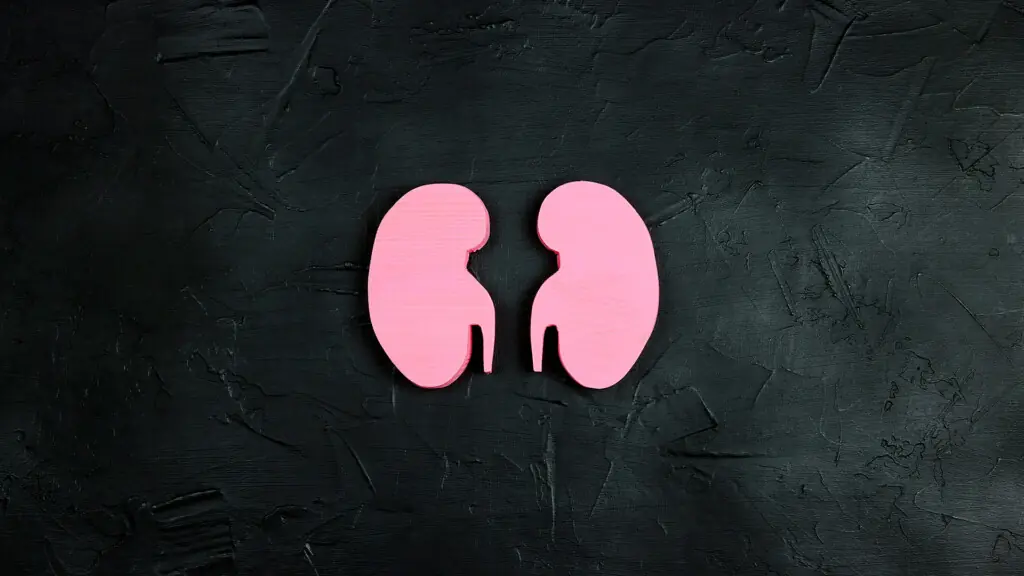
How can Kidney Cancer UK drive change? How can you make sure this report doesn’t just gather dust?
First of all, the fact that this audit is not a one-off exercise but a recurring one is extremely valuable. It means we can begin to identify trends over time, and the focus doesn’t simply fade away once the initial report is published.
Secondly, I think there is a clear role for organisations like ours – those that advocate for patients and represent their views – to encourage engagement with the findings. We need to work constructively with people in NHS trusts, urging them to review the data, to reflect on it, and to learn from it. Part of our role may also be to act as a conduit for sharing best practice between organisations.
If we sat down in another three years’ time, what would success look like for patients with kidney cancer in the UK?
The first thing, when the new NICE guideline is published next year, is to make sure that people don’t just read it and set it aside, but actually start to put it into practice. Alongside the guideline, there will also be quality standards, and these need to come off the page and be implemented across services.
At the same time, the recommendations emerging from the National Kidney Cancer Audit are, and will continue to be, broadly aligned with the NICE guideline. What we want to see is NHS trusts using this information proactively.
If that happens, we should also see improvement in the number of patients taking part in clinical trials.
Finally, there’s the persistent challenge of how to identify people with kidney cancer early. At the moment, there’s no simple blood test or easy method of early detection. So I’d hope that within the next three years we’ll see a much more focused and strategic effort around research into early-stage kidney cancer – particularly into identifying biomarkers that could be measured easily.
